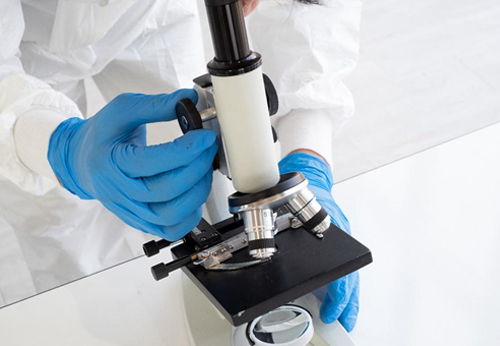The Use Of Drug Tests In Drugged Driving Cases In New Jersey
How Are Drug Tests Used in Drugged Driving Investigations?
Drug tests, or “toxicology,” are used in drugged driving investigations – though toxicology in most cases tests only for the mere presence of a substance and not how much of that substance is in the sample. So, drug tests don’t give us much probative information. With 55 percent of the adult population taking prescription medication or other legal substances, toxicology reports will show something in the blood or urine even if they’re not impaired.
Is a Chemical Test Enough Evidence to Convict in a DWI Case in New Jersey?
Depending on the chemical test evidence, the question of whether you’re convicted goes to the element of your impairment by drugs or alcohol. In drugged driving cases, the State will frequently use laboratory analysis and toxicology results. These results are not probative because they only show the presence of a substance, not how much is there. Instead, the state must rely on observational evidence to get a conviction.
When it comes to breath testing, we use breath as a proxy for blood. In this way, there are certain assumptions that the law makes. One assumption is that the amount of alcohol in 2,100 parts of breath is equivalent to one part of alcohol in the blood. Another is that all vapor entering the breath testing instrument comes from only the lungs. If a defendant can overcome these assumptions, they may be able to defeat a DUI charge based on a breath test. For example, suppose a person has a medical condition like gastroesophageal reflux disease (GERD), where some of the vapor in a breath sample will come from the stomach rather than the lungs. Alternatively, maybe the person had dentures that retained alcohol in their mouth at the time of testing. As you can see, some conditions can defeat the assumption that all the vapor entering the breath testing instrument comes from the lungs. Displaying this to the prosecution or the judge can show that the breath test result may be unreliable and inaccurate.
What Is a Drug Recognition Expert? When Are They Used in a DWI Investigation in New Jersey?
If the police allege that you were driving under the influence of a drug, they are likely to bring in a DRE as a secondary witness to testify against you in court. For prosecutors, “DRE” stands for “Drug Recognition Expert” while defense attorneys will call them “Drug Recognition Evaluators.”
Our Supreme Court considered the admissibility of DRE opinion and the scope of DRE testimony in a case called State v. Olenowski. While referring to DREs as experts, the court limited the scope of their testimony to reporting about factors that may indicate that a person used certain drugs based on a “drug influence evaluation” or DIE.
A DRE conducts a DIE when a person arrested for DWI delivers a breath sample yielding a result below 0.08–more often than not, a result of 0.00. In addition to vital signs and eye examinations, the DIE involves other factors, such as general observations, performance on physical tests, and an interview with the subject. Toxicology comes into play later. While these “experts” may testify as to what the DIE indicates, they may not give an opinion that someone is under the influence of drugs.
We have discovered that 55% of the general adult population is on some medication or drug that would appear positive for the toxicology analysis. One of the main things that DREs are using as proof to determine whether one is “impaired” by drugs is a toxicology screen which only tests for the presence of a drug. This means that they’re using a test that would identify drugs that would probably be present in the blood or urine samples of 55 percent of the population as proof that a substance has impaired a person. Without toxicology, however, DRE testimony is inadmissible.
With the guidance of a skilled attorney for DUI Law in New Jersey, you can have the peace of mind that comes with knowing that we’ll make it look easy.
An initial consultation is your next best step for more information on the Use Of Drug Tests In Drugged Driving Cases In NJ. Get the information and legal answers you seek by calling (732) 218-9090 today.

Learn your options - call me for your free, 20 min phone consultation (732) 218-9090

